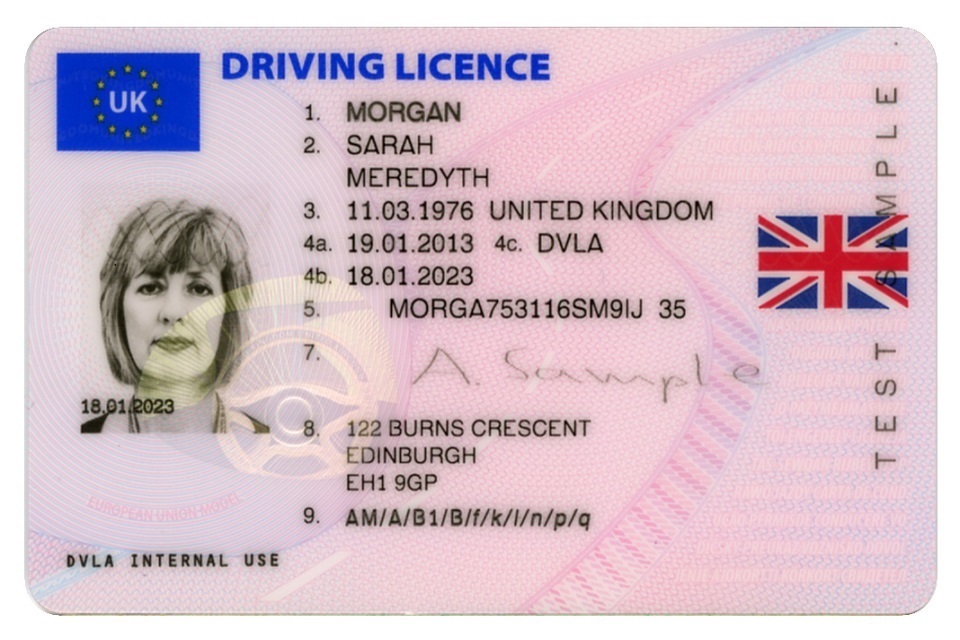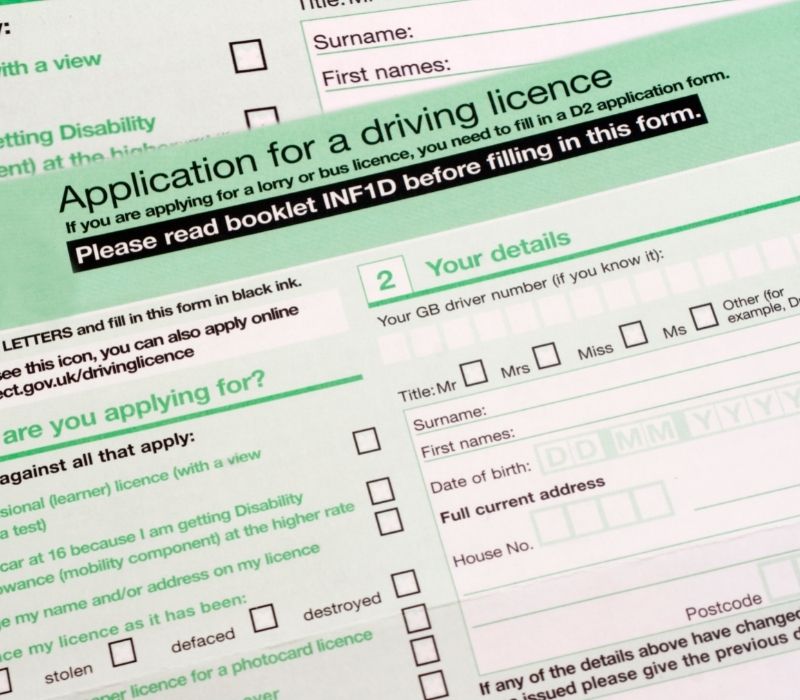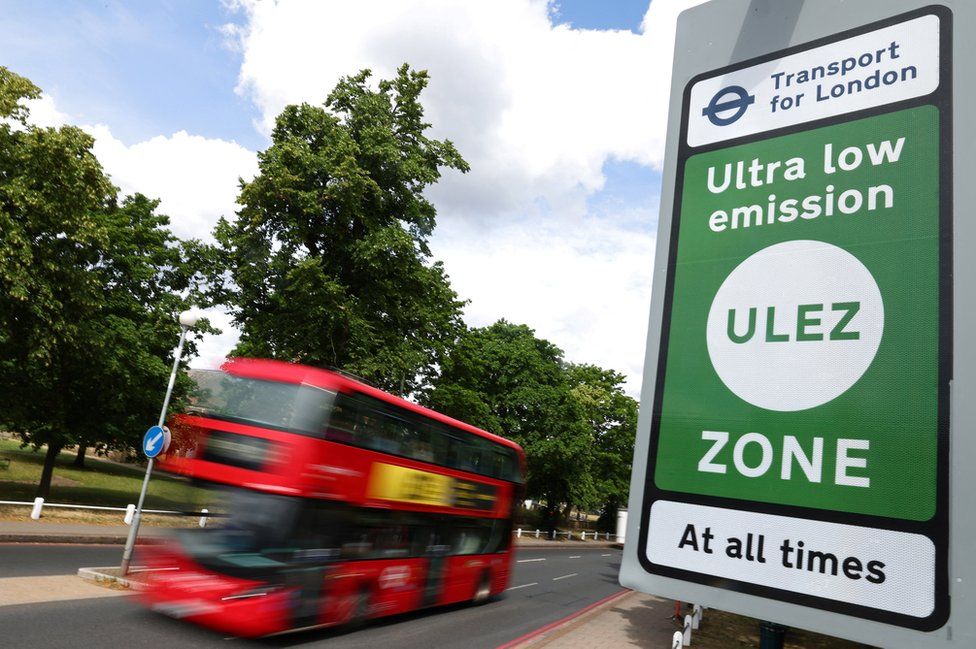Recently here at Britannia we have had some pupils being turned away from their practical driving test due to their pictures not being up to date.
The staff at the test centers are on high alert to be on the look out for fraudsters who are trying to take the test on behalf of someone else. Whilst you may be completely innocent and not up to no good, it is something to bare in mind.
If you have had a change in appearance such as but not limited to :
- Dramatic hairstyle change
- Beard/no beard
- Dramatic weight loss/ weight gain
Anything that could of altered you appearance could cause a problem, For instance if your provisional license picture if of you with no make up on and you go to your test with a full face of make up this could cause the staff to doubt your picture. The staff have to make a decision on a limited time frame.
Your provisional license is valid for 10 years so if you got your license in 2014 being age 17 then take your test in 2024 being age 27 then you could of undergone a lot of facial changes.
This is just something to bare in mind, as I’m sure we are all aware of the huge back log regarding tests. It would be extremely unfortunate and frustrating to have your long awaited test to be cancelled on such grounds.
You need to renew your full or provisional driving licence if you want to update your photo. You’ll get a new licence. You can apply online with the DVLA if you have a valid UK passport and want to use your passport photo. It costs £14 when you apply online.
Comments(0)
 Buy Gifts Vouchers Here
Buy Gifts Vouchers Here Intensive Driving Courses
Intensive Driving Courses Driving Test Booking Services
Driving Test Booking Services




















